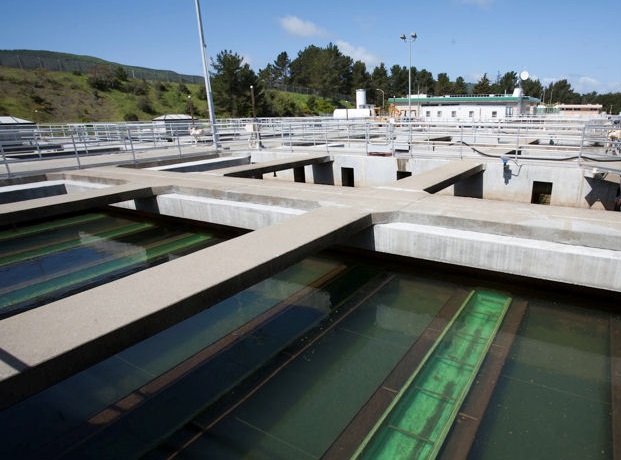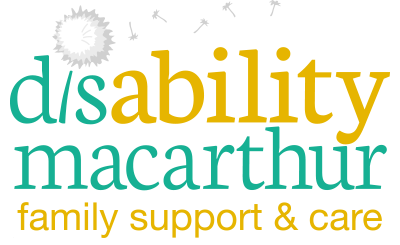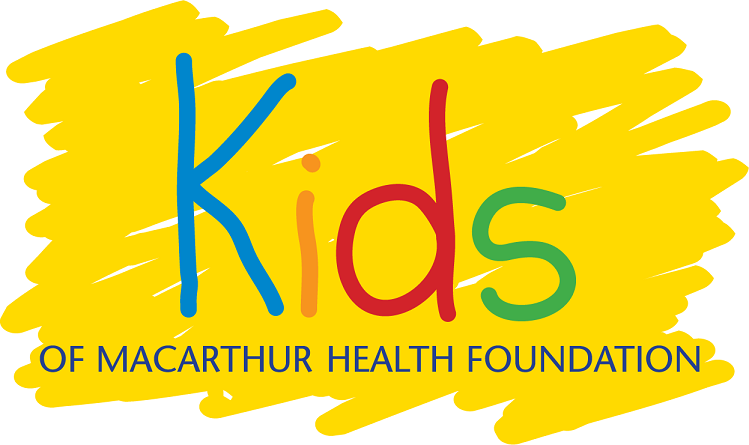There are new calls for people with even the mildest symptoms to be tested after the detection of Covid-19 at Glenfield sewage treatment plant indicated new, undiagnosed active cases could be nearby.
The discovery of the virus fragments at Glenfield detected through the state’s ongoing sewage surveillance program was announced last week.
Authorities have not been able to identify a direct link between cases in the three recent clusters – including those at Oran Park, Liverpool and Lakemba – and previous cases, and are concerned the detection of the virus in sewage samples could mean undiagnosed Covid-19 in the local community.
People who live and work in the area serviced by the Glenfield sewage treatment plant are urged to be on the lookout for symptoms.
The area served by the sewage treatment plant includes the suburbs of Airds, Ambarvale, Appin, Bardia, BlairAthol, Blairmount, Bow Bowing, Bradbury, Campbelltown, Casula, Claymore, Eagle Vale, Englorie Park, Eschol Park, Glen Alpine, Glenfield, Ingleburn, Kearns, Leumeah, Macquarie Fields, Macquarie Links, Menangle Park, Minto, Raby, Rosemeadow, Ruse, St Andrews, St Helens Park, Varroville and Woodbine.

Dr Dong Hua, who is operating the GP-led respiratory clinics testing for Covid-19 at Campbelltown and Fairfield, said healthcare providers were concerned there could be other active cases in the local community in people who had not been tested.
“We’re worried about the recent drop in testing numbers. It’s very important that testing numbers remain high – it’s our best weapon to find and stop community transmission of Covid-19,” he said.
“Please don’t assume you have a cold or hay fever. Anyone who has even the mildest of symptoms of Covid-19 – like a runny nose or scratchy throat, cough, shortness of breath, fever, loss of smell or loss of taste – should be tested.”
South Western Sydney Primary Health Network (SWSPHN) chief executive officer, Dr Keith McDonald, also urged everyone to continue practising good hand hygiene and social distancing despite the current local cases seeming to be under control.
“Our community has done an amazing job to combat this virus but we’re not quite there yet,” he said.
Sewage testing for genetic material of SARS-CoV-2, the virus that causes Covid-19, started in July, adding another tool in the fight against the global pandemic.
However there is no evidence Covid-19 is transmitted via wastewater systems.
A full list of local respiratory clinics, flu assessment clinics, pop up clinics and local drive-thru clinics operated by private pathology can be found on SWSPHN’s website at www.swsphn.com.au/covid19-testin



